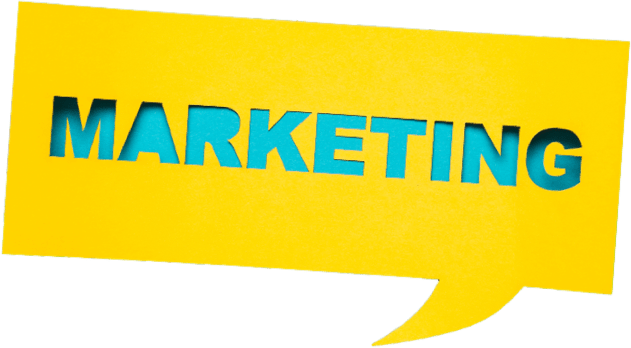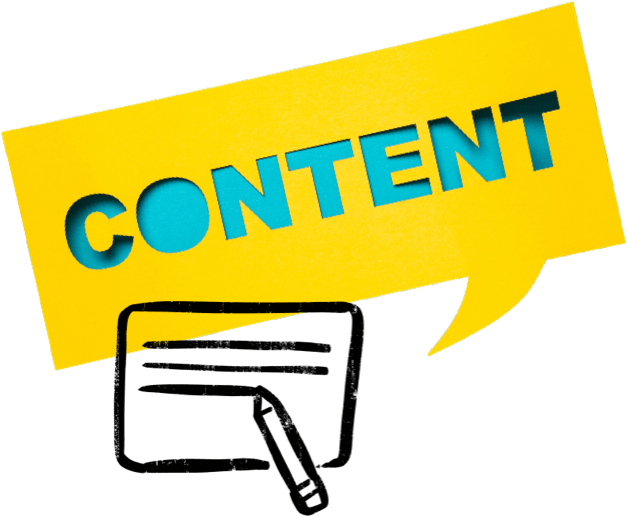If most marketing communications revolve around delivering a unique product or service benefit to the audience, what do you do when you have multiple audiences, interested in different benefits? How can a brand align marketing messages?
In our experience in the construction industry, communicating to an architect is a very different task than talking to a contractor. They’re interested in different information, at different points in the project cycle, and they access that information in different ways. So it’s often difficult to communicate the right message to everyone at the right time.

Two distinct audiences
In the construction industry, there are two distinct audiences: specifiers – those who specify the product (principally architects, but also consultants, surveyors and engineers), and contractors – those who buy the product. These two audiences are very different, and are motivated by different factors.
Specifiers tend to be heavily motivated by product features such as performance, styling and environmental factors. Contractors, on the other hand, often buy on cost, and are more driven by reliability and ease of installation, to reduce their time on site.
These two audiences also need to be appealed to at different times – the time between the specification stage and a contractor being appointed can often be months, sometimes even years.
One way to address communicating to such diverse audiences at different times, is to split mediums and messages, to ensure that you are delivering the right information to the right person at the right time. In some instances, there will be a single message that works for both audiences, but the underlying evidence points and delivery of that message will still need to be tailored to each separate audience.
Marketing to specifiers:
promoting product benefits
Often it is the architect who is the specifier, but they can be influenced by specialist consultants in a variety of fields, eg fire, acoustics, sustainability, ecology, interior design etc.
All of these professionals can have brand preferences, are looking for product features and benefits, and need to be convinced to choose your product or service over potentially hundreds of others.
Specifiers need to be sold to on product benefits – to be in with a chance of having your product selected at the specification stage, you need to raise brand awareness, and promote product benefits through above-the-line and direct communications. Specifiers also need access to in-depth product information, so make sure that this is easy to find – whether it’s on your website or included in relevant industry product libraries.
Making sure that specifiers can find this information easily is very important. Ensuring that your website has all of the product information a specifier might need is crucial, and offering additional technical content such as BIM objects that help an architect or specifier, who are often time-poor, to do their job quickly will also help to increase your appeal to them. Having a comprehensive SEO strategy is a good idea, as many specifiers use search engines to research products – so make sure they can find yours easily!
Marketing to contractors:
driving sales
Contractors tend to be less motivated by product features like styling and performance, and are more interested in features that help to get the job done smoothly, on-time and on-budget. In particular, fast delivery of products is essential, to allow them to progress the project on-time. Flexible products which allow for multiple/alternative uses (for example, a product that can be fitted right-hand or left-hand facing) are often favoured by contractors, as they make any small changes on site easy to overcome.
Communicating these benefits to contractors can help your products be selected. Help contractors choose the right product – your product – by highlighting that it meets certain specifications and/or regulations. And if contractors can save money and/or time, they may choose your product over a similar one.
Communicating with contractors can often be more straightforward, as manufacturers tend to have closer relationships with them, and can use below-the-line campaigns to drive sales. Direct mail, sales teams and targeted digital ads can all be used to communicate the factors that contractors are most concerned with, such as cost, delivery guarantees and product warranties. Contractors often appreciate a more humorous approach, and are looking for the human element – they are often more interested in how a product will help them get their job done well, than how it does its job.
Contractors also need in-depth product information, but unlike specifiers who need technical performance data, they will need access to information like installation methodologies, warranties and after-sales service, along with easy pricing. Good after-sales support is essential, as this helps to build loyalty with contractors. Ensuring that your website delivers all of the information required is key, and it can be a good idea to have separate areas of your website for contractors and specifiers, so that they are able to easily access the right information for them, without being overloaded with product information.
Contractors sometimes buy a product because it is their “go-to” choice – so it is important to build brand loyalty. Offering additional benefits, like access to immediate support and advice, quick response to site problems and good customer service can all help to increase brand loyalty. Loyalty schemes, exclusive offers and building close relationships with sales teams can all help to ensure they continue to choose your brand.
Integration of sales and marketing
Whilst slightly outside the scope of this article, it is worth mentioning the crucial role sales teams have in marketing strategies. Keeping your product front-and-centre in everyone’s minds will rely on your sales teams, and it is important that they are working with your marketing team to deliver the right information, in the appropriate tone and format, at the right time.
Your sales force might work exclusively with contractors to drive sales, or have one team that deals with contractors and another team that works with specifiers. Occasionally, one sales team might cover both audiences. Across both specifiers and contractors, fast access to advice and solutions to queries is important, and sales teams can be used to build relationships and deliver targeted marketing information.










